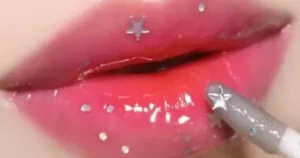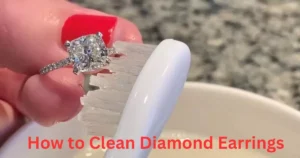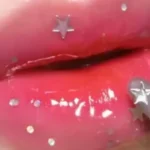When used occasionally and with caution, toners can help maintain and modify hair color without heavy lifting or lightening. However, over-use of toners poses risks. Frequent or improper use of harsh formulas can damage hair over time through cuticle degradation and protein loss from repeated chemical processing.
But when applied judiciously under the guidance of a professional stylist who considers factors like hair health, the desired color change, and recommended frequency – gentle toners can refresh color vibrancy without compromising hair integrity if paired with strengthening hair products between applications.
With care and an understanding of your individual hair needs, toners offer beautiful color correction through a low-impact process when not overused or applied to fatigued hair.
What is a toner & what does it do?
A toner is a semi-permanent hair coloring product used to add color nuance, correct unwanted shades, or help hair color last longer. It works by depositing pigments onto the hair shaft without lifting or lightening the hair color underneath. Some key things a toner does include:
- Counteracts brassiness – Toners with blue or purple pigments help counteract orange or yellow tones in hair, otherwise known as brassiness. This is common in blondes.
- Corrects unwanted shades – A toner can modify an existing hair color to be cooler, warmer, darker or lighter as desired without significantly changing the level of lift.
- Extends color longevity – The pigments deposited on the hair help the existing color last longer before it fades by filling in where color has been lost.
- Smooths the hair cuticle – This creates a uniform color and shine.
Other names for a toner
A toner is sometimes also referred to as a:
- Root smudge/shadow/tap – When used to blend new growth with the colored ends.
- Pre-toner – A very gentle formula used before other coloring to lightly pre-condition the hair.
What is a pre-toner?
A pre-toner is a low-level temporary color treatment applied before a full hair color service. It lightly tints the hair with pigments meant to blend or soften the demarcation line where new, natural hair meets previously colored hair. This helps seamlessly blend a color application or correction.
Are toners always necessary?
No, toners are generally not mandatory after every color service. Whether a toner is needed depends on the initial desired color result and how the hair has previously been colored or lightened. Toners are especially useful for blonde hair coloring to reduce orange/yellow brassy tones that often result from the lifting process. For some people and hair types, a toner may not be needed at all. A stylist can recommend if one is necessary.
How much do toners cost?
On average, hair toners range between $15-$50 depending on the brand and salon. Drugstore toners start around $15 while professional salon toners often fall in the $30-50 price range. The formula type and developer volume used may also impact toner pricing. Toners containing ingredients like Olaplex for added conditioning tend to be on the higher end of the cost spectrum.
How long do toners process for?
Most toners are designed to process for 10-30 minutes, sometimes with a plastic cap or foil wrap. The processing time can vary based on the level of correction or change needed as determined by a stylist. Lighter toners used for subtle touch-ups may only require 10-15 minutes while more aggressive formulas meant to neutralize brassy tones could take 25-30 minutes. It’s important to follow the specific brand and product instructions.
Are toners damaging to your hair?
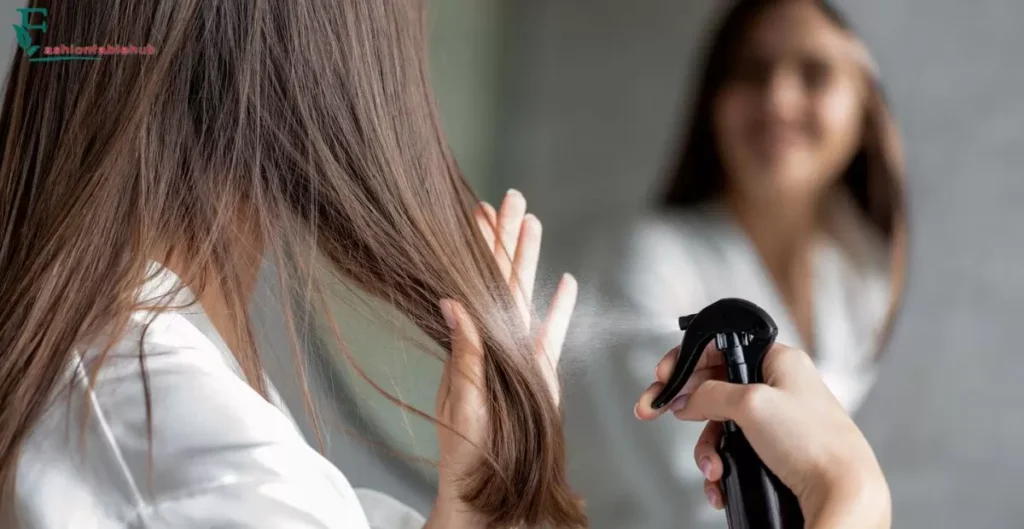
Used correctly and judiciously under the supervision of a licensed stylist, toners are generally not very damaging to hair on their own. However, frequent or improper use could lead to damage over time. Some key factors that influence a toner’s potential to cause damage include:
- Developer strength – Toners using 10 volume or less developer are considered low-damage but anything 20+ can be harsh.
- Chemistry – Ammonia-based formulas are drying while carbonate-based are gentler on hair.
- Existing hair condition – Bleached, dry, or damaged hair is more vulnerable to breakage from processing.
- Application frequency – Over-toning or using toner too often stresses hair cuticles.
To minimize damage, it’s important to use a gentle toner formula conservatively and follow all processing and aftercare instructions. Evaluating hair condition is also key to avoid over-processing weak hair. When used judiciously, toning hair should not cause significant damage.
Does a toner lighten hair?
No, toners themselves do not lift or lighten the hair color level. They work by depositing pigments onto the hair shaft to modify existing color, not strip coloring out. While toners cannot lighten hair, they can make it appear slightly lighter or darker depending on the pigments used. But the hair cuticle structure and level is not altered in the lifting process like it is with traditional lightening products.
What does a toner do to brown hair?
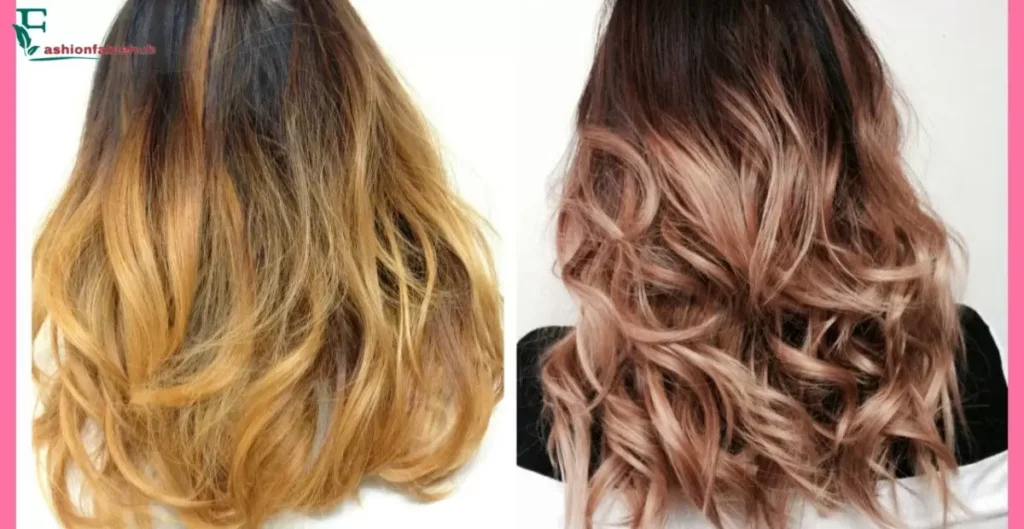
On brown hair, a toner is often used to:
- Warm up cool undertones – A golden or copper toner adds richness.
- Cool down warm tones – An ash brown or blue toner neutralizes brassy signs of fading.
- Darken lightened areas – A quartz-based formula deposits natural-looking lowlights.
- Blend roots – Pre-toners or very low-level toners seamlessly blend new growth.
With brown hair especially, toners prolong color vibrancy between salon visits by filling in where the color has faded most. This maintains an even, healthy looking color.
Toning hair products
There are various high-quality professional toning products suitable for different hair needs. Here are some popular options:
Toning products for blonde hair:
- Pravana The Perfect Toner – Renowned for neutralizing brassy tones in blondes safely with violet pigments.
- Olaplex Toner – Uses bond-building technology to strengthen while toning. Good for damaged hair.
Toning products for all other colors:
- Celeb Luxury Toning Collection – Contains moisturizing argan oil and comes in 12 shades.
- Natural Colors Toning Glosses – Gentle glosses that refresh color without lifting pigments.
- Vivid Colors Toner – High-pigment line for intense correction of vibrant hair colors.
Seven signs of toner damage
Some warning signs that a toner may be damaging hair include:
- Your hair is falling out – If noticeable clumps of hair come out when brushing or washing, the cuticles may be compromised.
- Your hair color won’t last – Over-toning can strip the cuticle and cause premature fading.
- Your hair seems lifeless or dull – Damaged cuticles lead to lackluster shine and texture.
- Your hair is curly and brittle due to a lack of moisture – Over-processed hair cannot retain hydration.
- Your hair is split at the end – This indicates internal damage along the hair shaft.
- There is no bounce in your curls – Healthy curls have elasticity while damaged hair falls flat.
- Straw-like hair covers your scalp – Severely compromised hair may feel straw-like to the touch.
How to avoid damage when using a toner?
Some strategies for toning hair gently include:
- Use bonding strengthening formulas containing Bio-Pilixin® – Repairs hair during the toning process.
- Choose an ammonia-free toner – Ammonia is harsher on hair than carbonate-based formulas.
- Use conditioner during processing – Adds protection against cuticle damage.
- Avoid dyeing your hair too often – Space out coloring at least 6-8 weeks to recover.
- Shampoo less often – Frequent shampooing strips the scalp of natural oils that strengthen hair.
How to use toner without damaging hair?
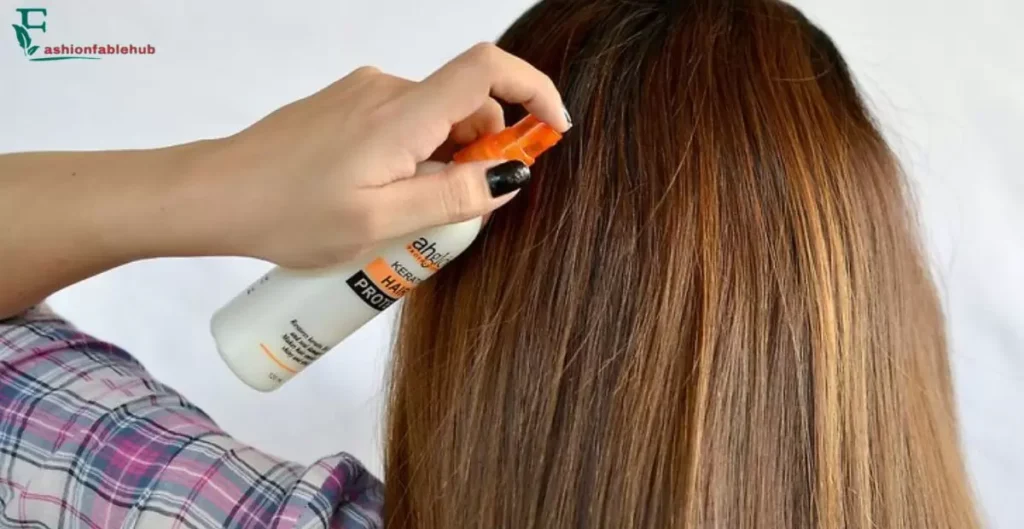
Other toner damage-avoiding tips for optimal hair health are:
- Use the right developer volume – No higher than 10 volume for toning purposes.
- Avoid cheap toners – Invest in a high-quality salon brand for conditioning ingredients.
- Don’t overprocess bleached hair – Bleached hair is vulnerable; limit processing time.
- Be careful with ammonia-based toners – They are drying; use sparingly if needed at all.
- See a stylist – Get toner advice tailored to your individual hair characteristics.
- Deep condition weekly – Counteracts environmental damage with intense moisture.
How often can you tone your hair without damaging it?
As a general guideline, it’s best to wait 8-12 weeks between toning applications unless your roots are growing in rapidly. Give your hair time to recover its moisture between services. Every 4-6 weeks could be risky for damage over time depending on your hair type and existing condition. Listen to your hair and only tone as needed to maintain shine and color accuracy. Seeing a professional ensures proper evaluation and care.
How long do toners last on hair?
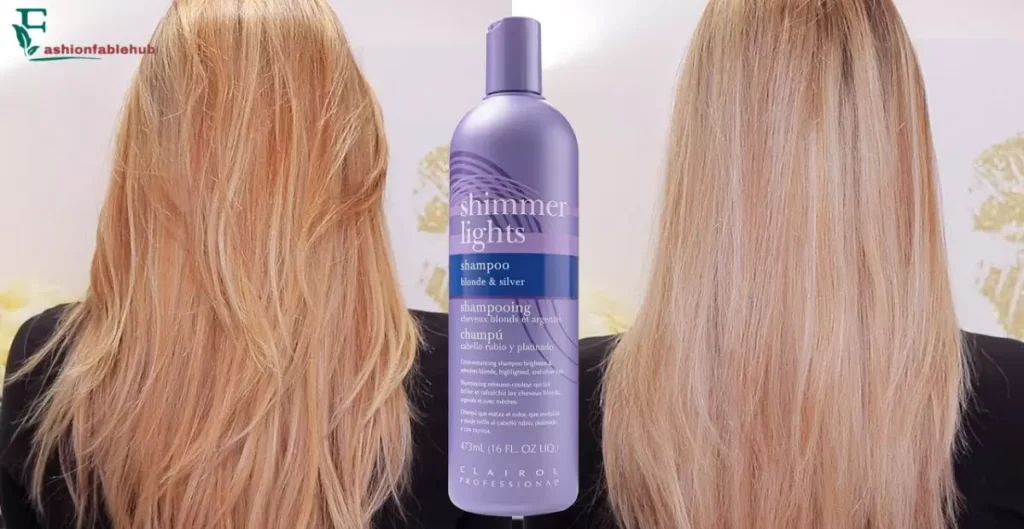
Most toners claim to prolong hair color vibrancy for 3-6 weeks. However, variable factors such as shampooing frequency, styling heat tools, swimming/chlorine exposure, and hair porosity determine how long it truly retains a toned look.
Blonde or lightened hair will likely require more regular toning every 4-6 weeks as the cuticle sustains more damage from chemical processing. Darker, virgin hair can go 6-8 weeks between toner touch-ups for upkeep as needed. Proper toner aftercare maximizes shine and vibrancy between applications.
Conclusion
Used correctly and occasionally, toners safely modify and maintain hair color when gentler lightening is preferred over heavy processing. However, over-toning can pose risks to hair health long-term. Consulting a stylist ensures proper assessment and product selection tailored for your individual hair needs to prevent damage whenever possible.
Following recommended application frequency, using strengthening hair care in between, and choosing sulphate-free shampoos also protects toned hair color over time. With care and guidance, toners provide beautiful lasting results without compromising hair integrity unnecessarily.

